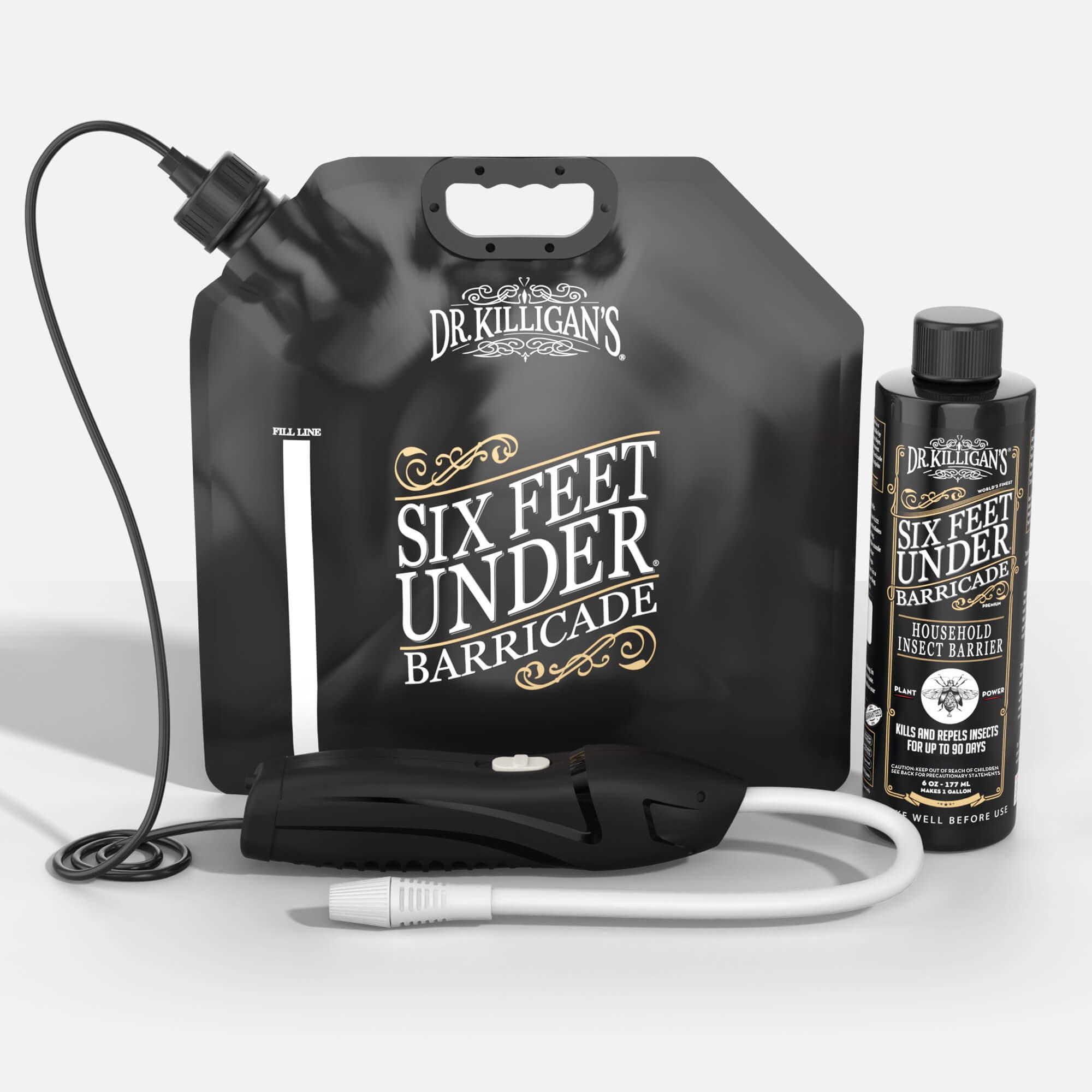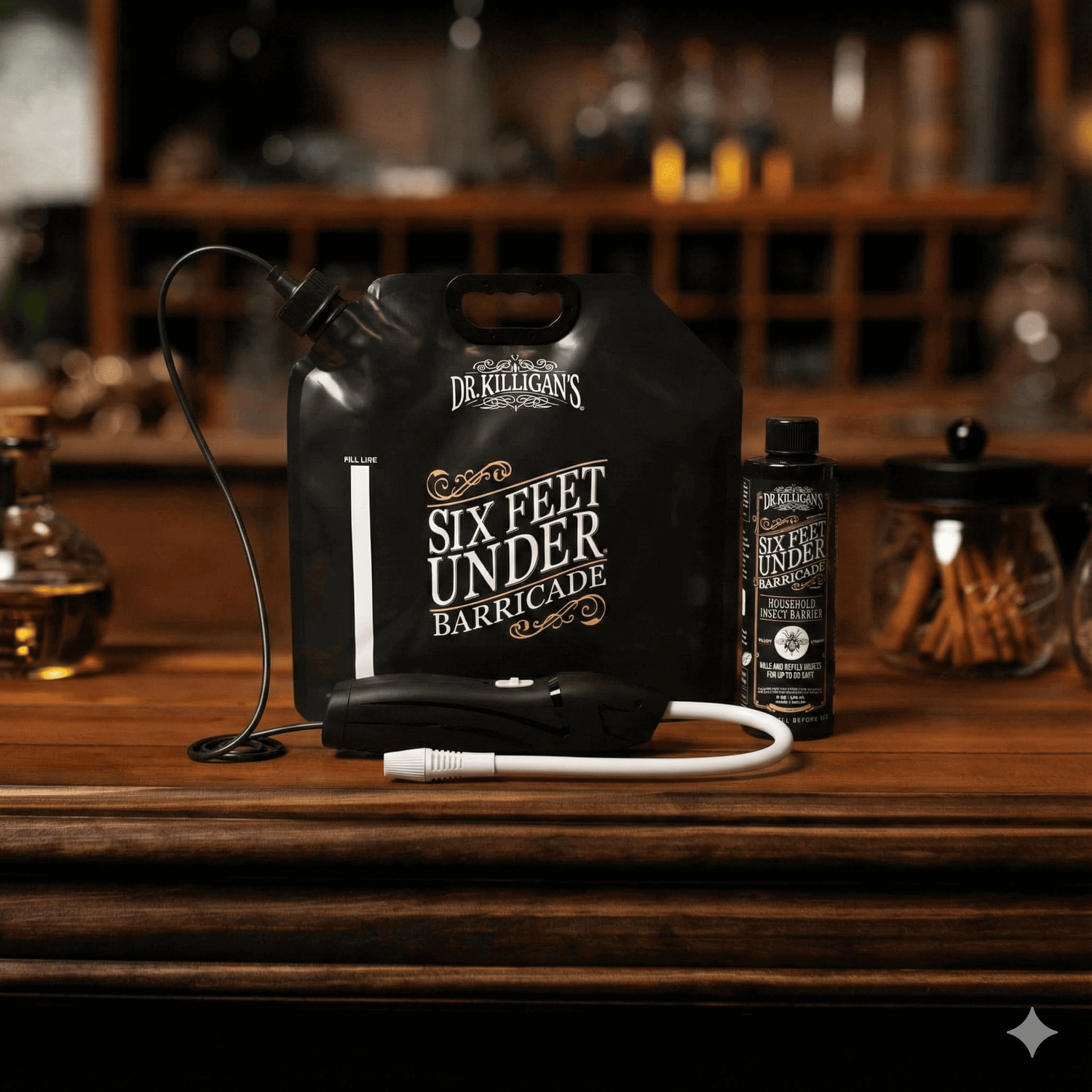House centipedes are fascinating creatures that inhabit the dark corners of our homes. In this article, we will delve into the world of house centipedes and explore their characteristics and behaviors. Join us as we unravel the mysteries of these remarkable arthropods and discover why they are more than just creepy crawlies.

What are house centipedes?
Known as Scutigera coleoptrata (in scientific terms) and of the Scutigeridae family, house centipedes are long legged arthropods that boast an impressive appearance with their slender bodies and numerous (typically 15) pairs of legs. They are masters of speed and can not only dart through the dark corners of our homes with grace and agility, but also climb walls and ceilings with ease. Donning a light brown or grayish hue, these insects can live up to three years or more, (which is a relatively long lifespan in comparison to other insects).
What do house centipedes eat?
These nocturnal, predatory hunters (that enjoy living in our homes) are valuable allies in our battle against household pests. They feast on arthropods and insects such as spiders, bedbugs, ants, cockroaches, termites, moths, carpet beetle larvae and silverfish.
Do house centipedes have regeneration abilities?
Legs are an ever-present motif in the world of house centipedes. In moments crucial to their survival, these remarkable creatures possess the power of regeneration. When circumstances demand it, they can willingly shed their legs, only to witness the miraculous regrowth that follows. This ability proves invaluable when faced with perilous situations, like being ensnared in the clutches of a predator, such as a bird. By sacrificing a few legs, they cunningly leave behind tantalizing morsels that dangle in the predator's grasp, affording them the chance to make a daring escape.
Regeneration is a truly remarkable and advantageous adaptation for these house centipedes.
Do house centipedes bite?
While house centipedes possess venomous jaws (forcipules), they are not dangerous arthropods and their bite is rarely a cause for concern among us larger beings. You see, these poisonous appendages are primarily designed to subdue and immobilize their prey - small insects and arthropods that form the centipede's chosen sustenance.
When it comes to human encounters, house centipedes are more inclined towards avoiding us than engaging in any nefarious biting endeavors. They are generally shy creatures, preferring the shadows and crevices of our abodes, where they diligently hunt their preferred menu of pests.

However, should you provoke or mishandle a house centipede, it might feel compelled to defend itself. In such a rare scenario, a bite might occur. Now, I must emphasize that house centipede bites are known to be relatively harmless to most individuals. The pain associated with their bite is often described as similar to a bee sting - transitory and manageable.
Of course, as with any encounter involving living creatures, individual sensitivities and allergic reactions can vary. For those with hypersensitive responses or allergies, it's prudent to exercise caution and seek medical attention if an adverse reaction should arise.
How do I get rid of house centipedes?
There are several ways in which you can get rid of house centipedes:
- Reduce moisture: House centipedes thrive in damp environments, so minimizing excess moisture is crucial. Ensure proper ventilation, fix any leaks or plumbing issues promptly and use dehumidifiers in damp areas like basements or bathrooms.
- Seal entry points: Seal any cracks, gaps or openings in doors, windows and walls that may serve as entry points for house centipedes. This helps prevent their infiltration into your living space.
- Declutter and clean: Centipedes seek shelter in cluttered areas. Reduce their hiding spots by decluttering your living space, especially in storage areas, basements and garages. Regularly clean and vacuum these areas to remove potential food sources for centipedes and their prey.
- Pest control: Since house centipedes feed on other pests, reducing the presence of their prey can help deter them. Implement effective pest control measures to manage populations of insects and arthropods like spiders, cockroaches and silverfish, which serve as their primary food source.
-
Natural repellents: Some natural essential oils, like peppermint, eucalyptus, clove, cinnamon and lavender, repel house centipedes. Place cotton balls soaked in these oils near entry points or infested areas to discourage their presence.

-
Dr. Killigan’s: Seek assistance from the professionals. We at Dr. Killigan’s excel in safe, non-toxic pest control solutions and have the expertise and tools to assist you in implementing targeted measures to eliminate house centipedes from your home.
- Puff Dust to Dust (which uses peppermint oil as one of its active ingredients) around the perimeter of your home to repel house centipedes.
- Lightly spray Six Feet Under (which has both clove oil and cinnamon oil as active ingredients) around door frames, under door sweeps and other potential entry points as a proactive measure against house centipedes. Six Feet Under works residually for up to 30 days to proactively stop house centipedes (and some 50+ other insect species) in their tracks.
Reach out to us. Whether your interest in insects is driven by a curious mind or you have a specific inquiry regarding house centipedes or one of our pest control products, or even want to share a compelling tale of how our solutions have brought tranquility back into your cherished abode, we are ever eager to engage with you. Your connection and interactions with us are deeply valued, and we are here to listen, assist and celebrate the victories achieved in reclaiming your home from unwanted pests.

















